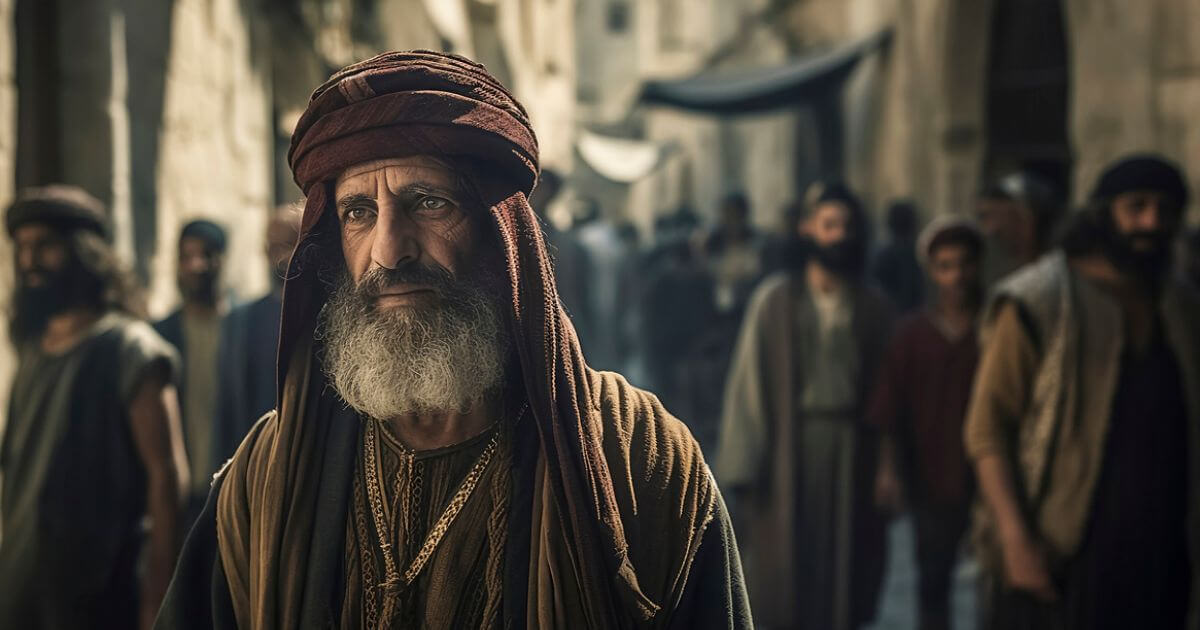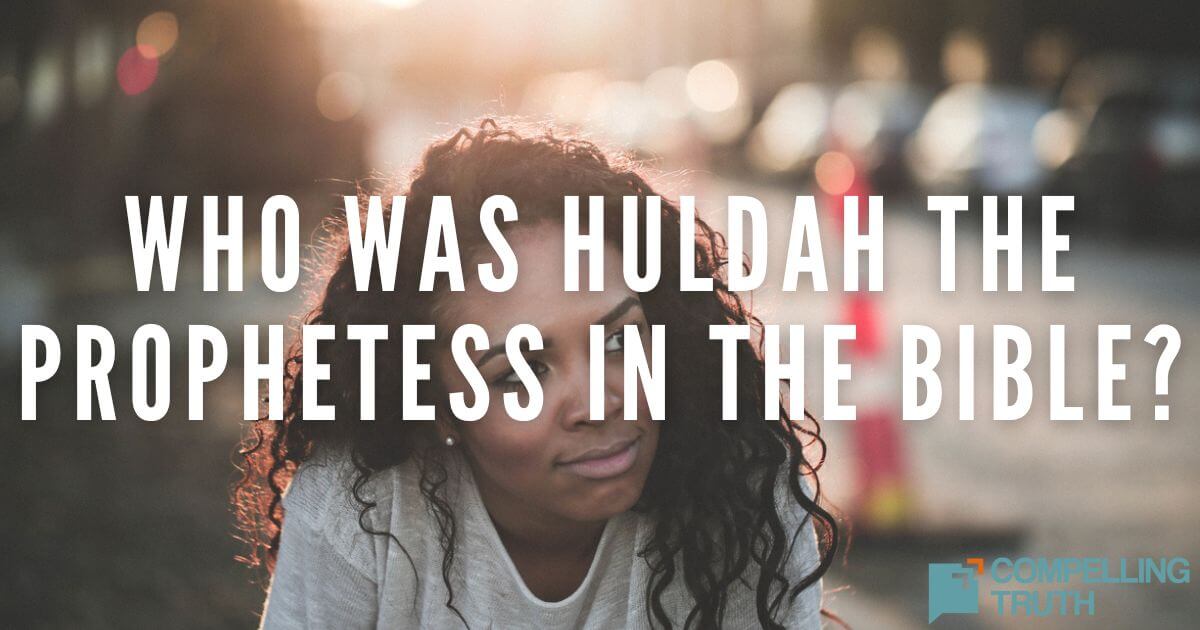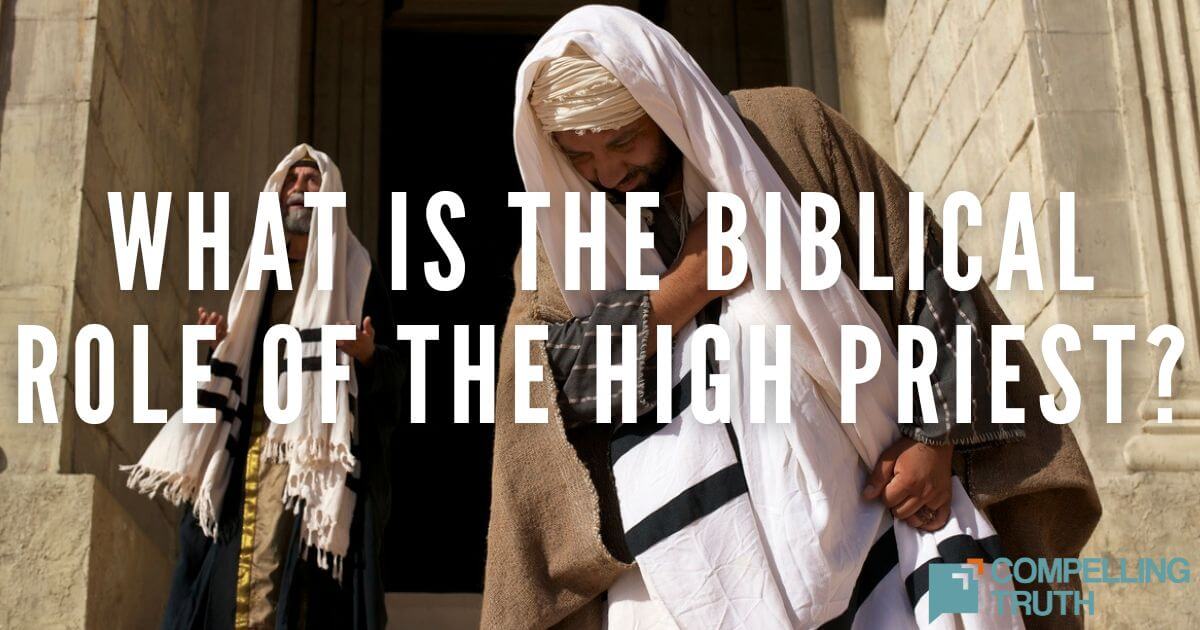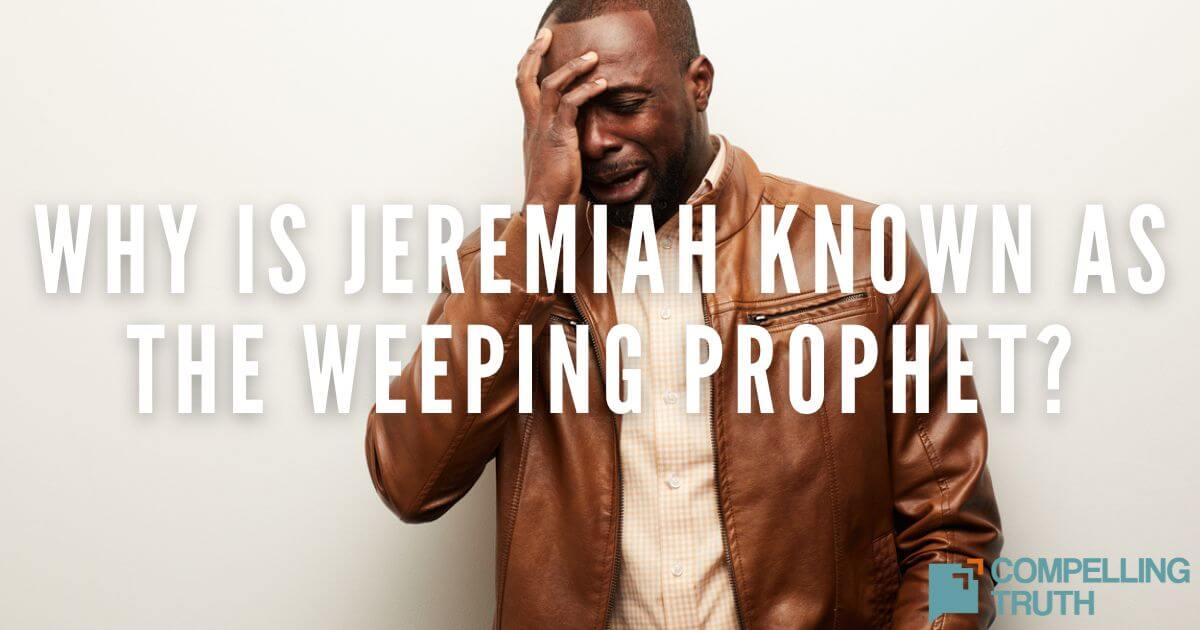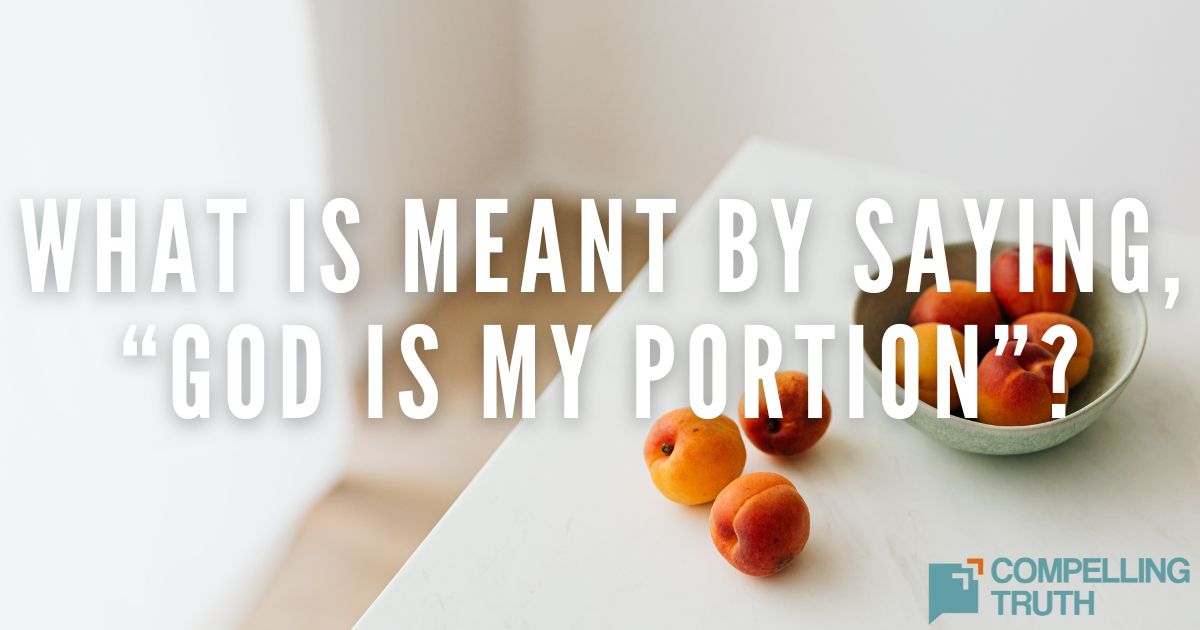There are several men named Hilkiah in the Bible. The name means “the allotment or inheritance of Yahweh.” Many priests held this name since God was the inheritance of the Levitical priests. One Hilkiah in particular was the high priest during King Josiah’s reign and found the Book of the Law. This Hilkiah faithfully fulfilled his duty as high priest, first by bringing Scripture to the king, then by seeking a word from God through a reliable prophetess, and finally by overseeing proper worship for the nation. Hilkiah reminds us that God is truly our greatest inheritance.
The truth of the meaning of the name Hilkiah is reflected in Jeremiah's declaration, "'The LORD is my portion,' says my soul, 'therefore I will hope in him'" (Lamentations 3:24). It wasn't just the Levites who were invited to think of God as their inheritance. At Sinai, God instructed Moses to tell all the people of Israel, "You yourselves have seen what I did to the Egyptians, and how I bore you on eagles' wings and brought you to myself. Now therefore, if you will indeed obey my voice and keep my covenant, you shall be my treasured possession among all the peoples, for all the earth is mine; and you shall be to me a kingdom of priests and a holy nation" (Exodus 19:4–6). Peter echoed this sentiment when he wrote to the believers, "But you are a chosen race, a royal priesthood, a holy nation, a people for his own possession, that you may proclaim the excellencies of him who called you out of darkness into his marvelous light" (1 Peter 2:9).
All followers of God can proclaim with the psalmist, "The LORD is my chosen portion and my cup; you hold my lot. The lines have fallen for me in pleasant places; indeed, I have a beautiful inheritance" (Psalm 16:5–6). Not only is God our portion and inheritance, but God declared that His followers are His inheritance too. "But the LORD's portion is his people, Jacob his allotted heritage" (Deuteronomy 32:9). "Blessed is the nation whose God is the LORD, the people whom he has chosen as his heritage!" (Psalm 33:12). Every person is invited to live out the truth of Hilkiah's name by placing their hope in God and proclaiming Him as the only inheritance they need (John 3:16–18; Galatians 3:27–29; Ephesians 1:3–14; Hebrews 9:11–15; 1 Peter 1:3–12). Those who trust in and follow Jesus become children of God and part of His inheritance as well (John 1:12; 14:1–7; 17:20–26; Ephesians 2:1–10; Philippians 2:5–11; Hebrews 2:5–18; Revelation 21:3).
